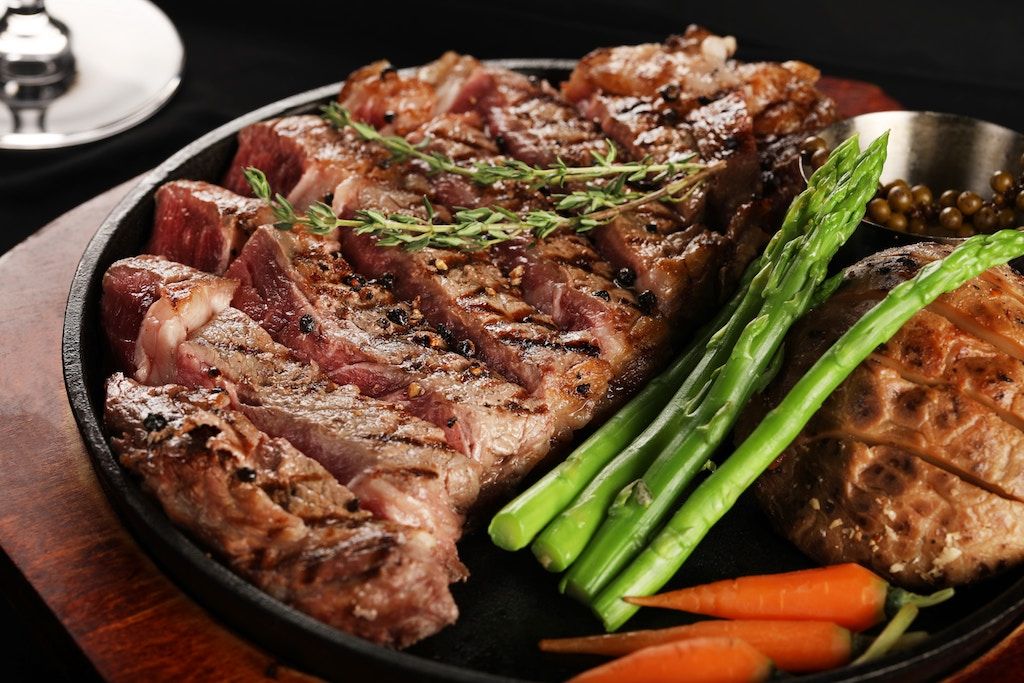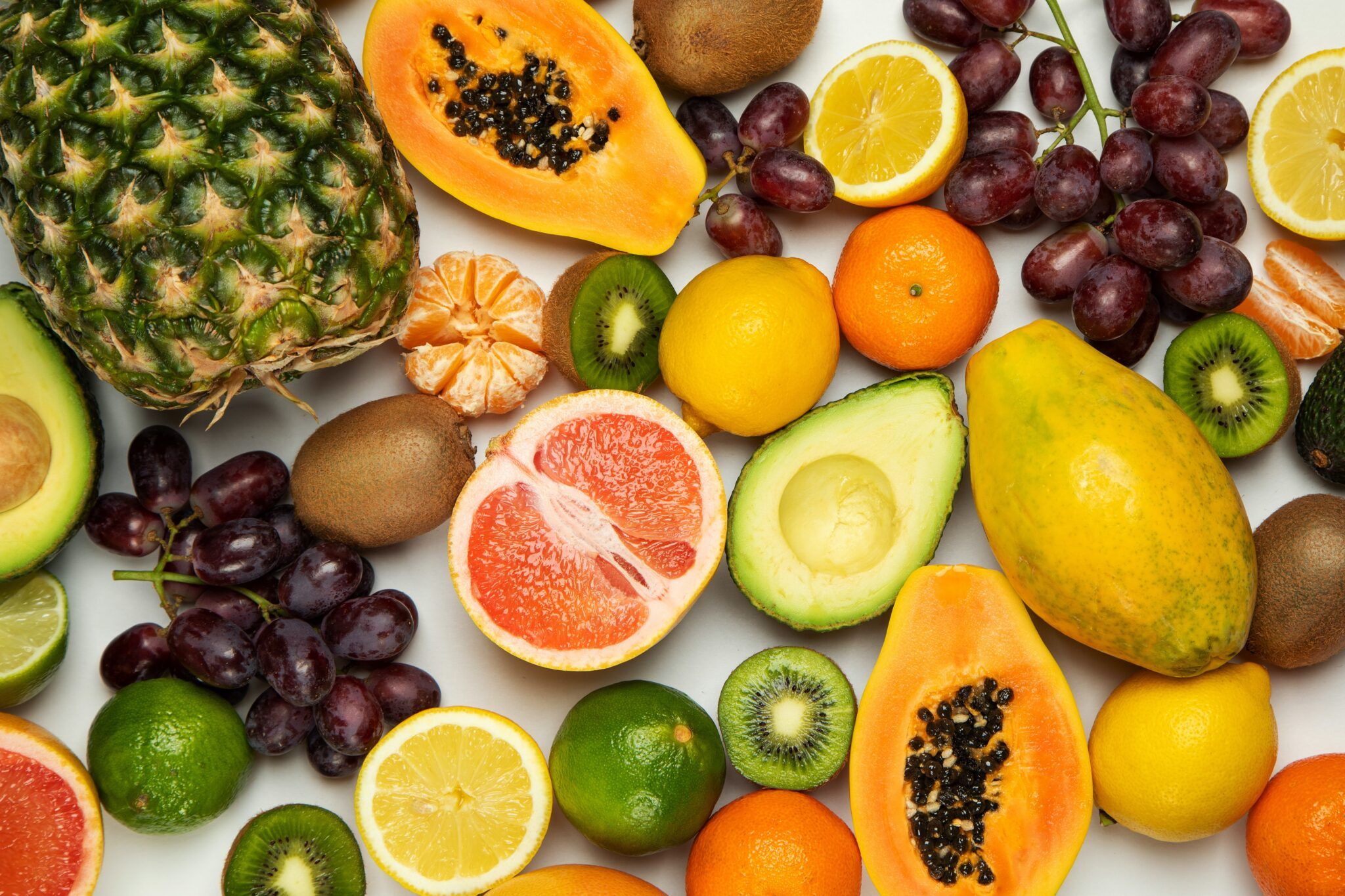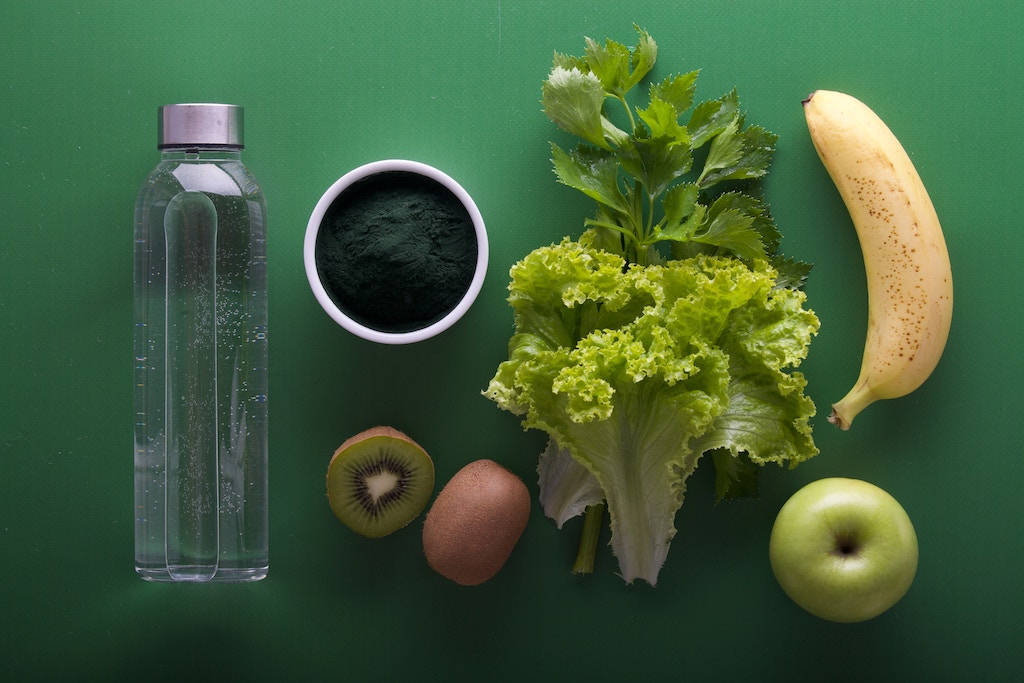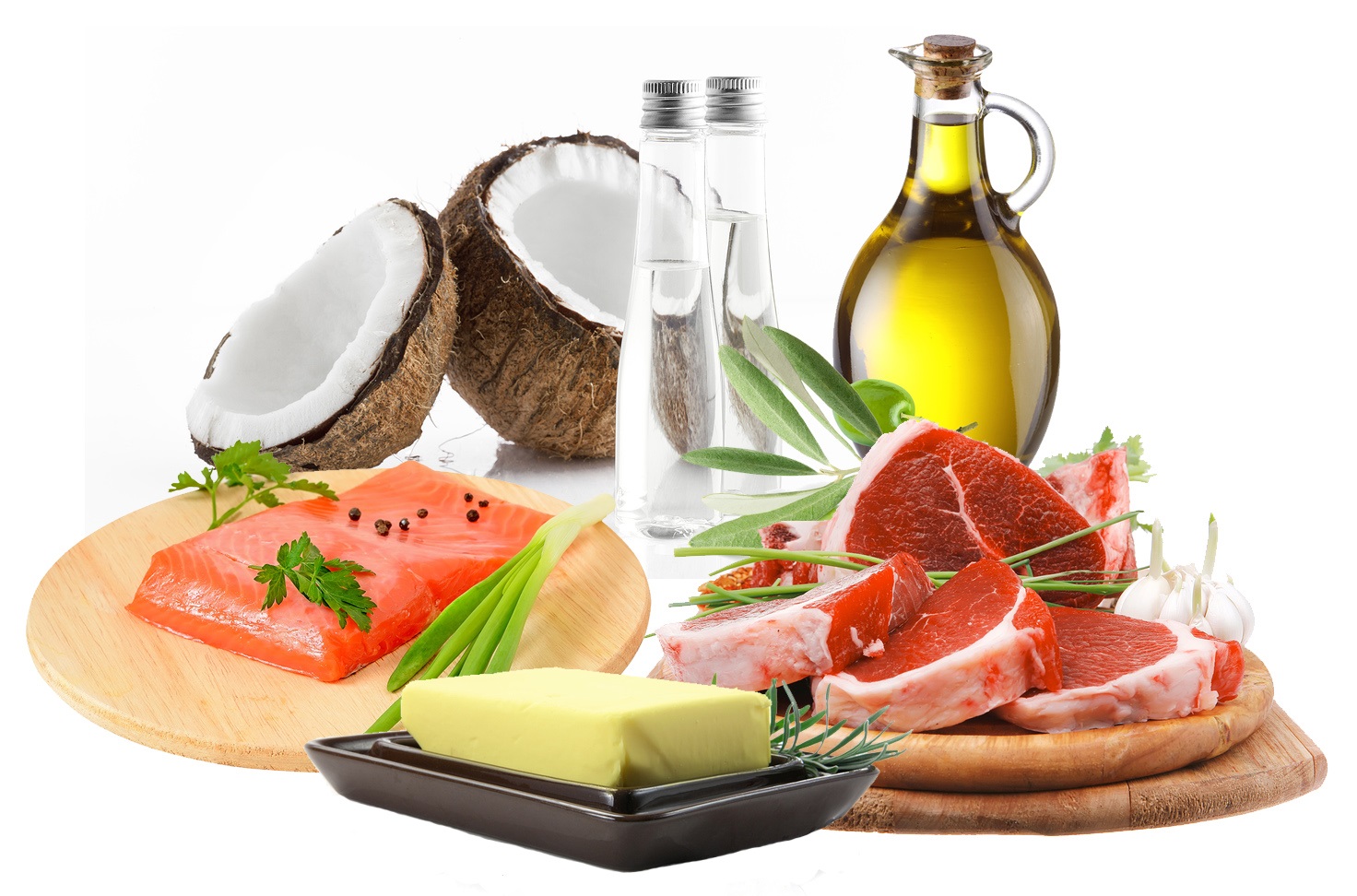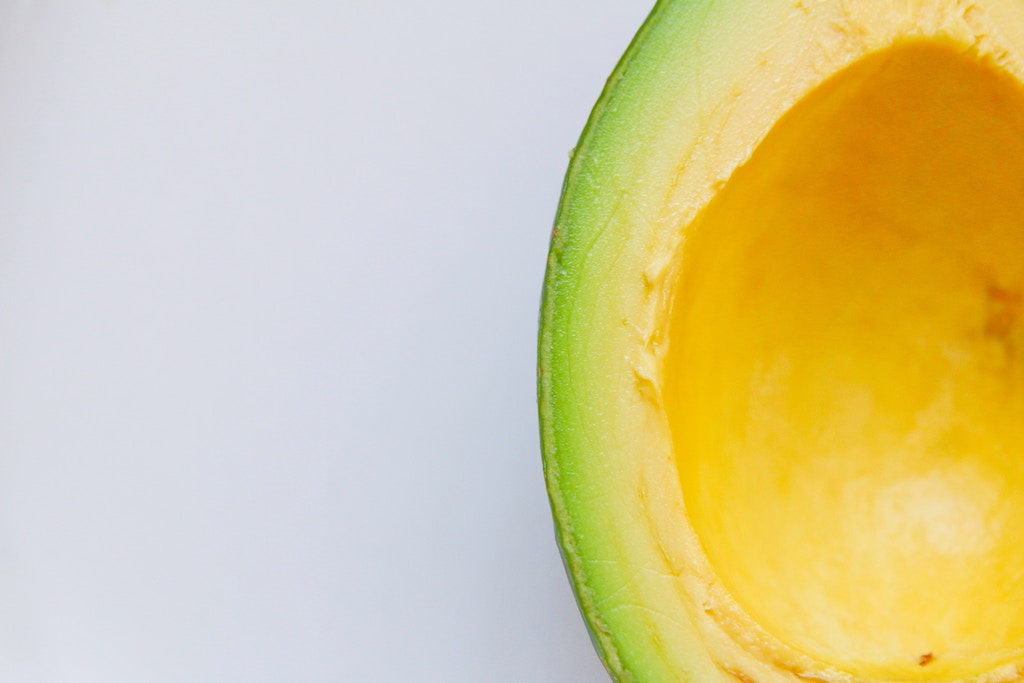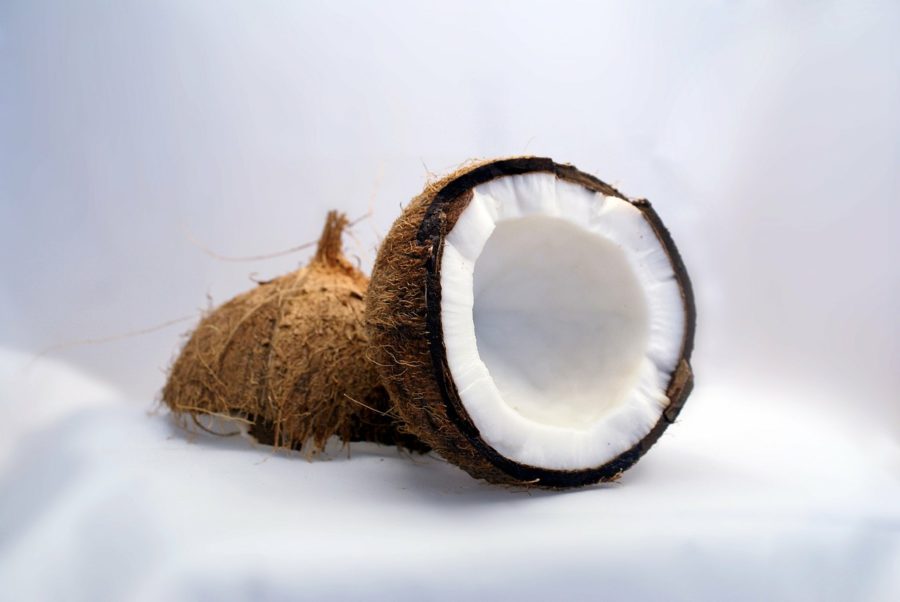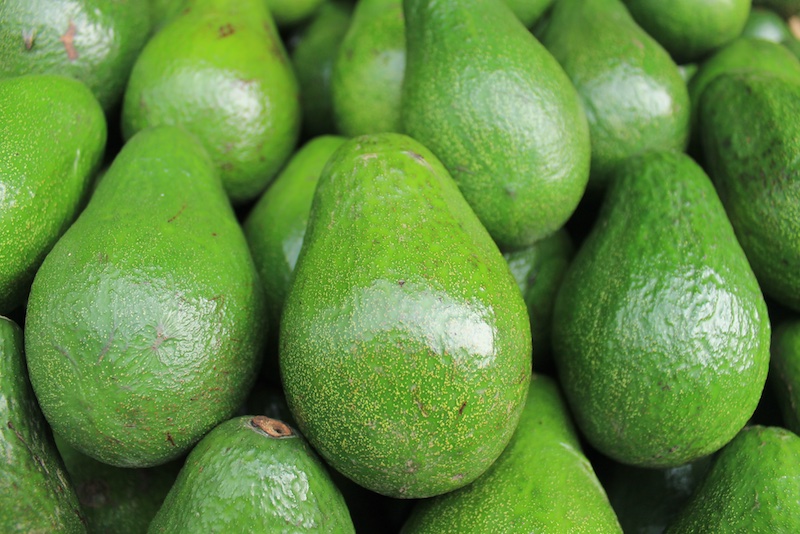Many health conscious people strive for a low-fat diet. But you could be missing out on many health benefits such weight loss and a strong cardiovascular system if you miss the essential fats.
The no fat and low fat diet way of thinking came from the fact that so many people were – well – fat. It was logical to assume that it was because we were eating too much of it. Now we’re learning more.
We now know that the harmful fats are the trans-fatty, oxidized and heat-processed fats like those found in margarine, fried foods and even grain-fed cattle.
In the daily strive for health we attempted to cut out all fats only to learn we are hurting ourselves.
Fortunately it is a new era and we now know which fats to not only cut out – but what we need to include in our diets for better health. For free of premature aging and degenerative disease.
They fall into two categories of Omega 3’s and Omega 6’s. Both types of fats are essential and it is important to get them from a variety of sources. The essential fats are the most popular because they are the most researched. There is one more category of fat, however, that you should be aware of – the Omega 9’s, although not classified as an Essential Fat, it is well known that they are necessary for good health.
Let’s look at the effects of these fats.
Deficiencies in these fatty acids can result in heart disease, depression, fatigue, and inflammation, which can lead to arthritis and even cancer.
Benefits of including the good fats include weight loss, a stronger immune system, anti-inflammatory abilities, balanced hormones, thicker hair, and healthier, supple skin.
Read more


